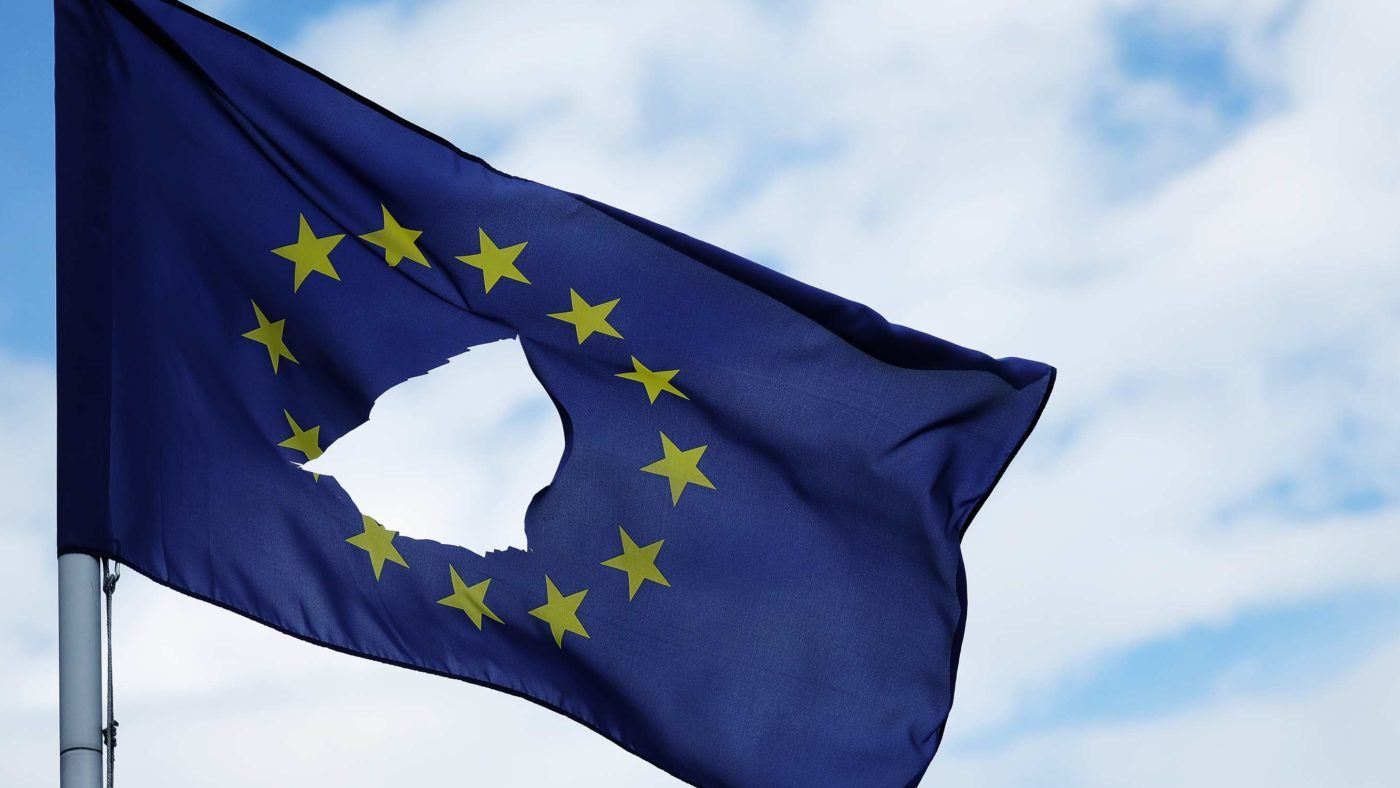Brexit is not great news for the EU, not least for the fact that the UK currently epitomizes what the EU should be about: freedom, democracy, cooperation, free trade, and peace. Recall that it was the UK, together with Ireland and Sweden, that immediately opened its labour markets to citizens from the new member states. Nor is the Brexit result a great deal for Britain itself. The decision was relatively narrow, leaving the country divided, irrespective of the result. More worryingly, the country seems split along national lines with Scotland and Northern Ireland voting “remain” by robust margins. At the same time, younger voters opted strongly for “remain.” In the short run, there will be political and economic instability as the government is stepping down and economic actors face substantial uncertainty about the future.
EU officials are right to push against delayed UK withdrawal. But the EU has no interest in making things worse for Britain and vice versa. Emotions and pride must be put aside as the EU needs to avoid throwing out the baby with the bathwater. A prosperous Britain will create demand for EU exports, whereas political and economic instability would have detrimental effects on the European economy and weaken us with respect to common security threats. Furthermore, the EU now has obligations toward almost half of the UK population who wanted to remain, particularly towards the Scots and the Northern Irish. Thus, we should now invest in developing arrangements that will mitigate the mutually negative consequences of British departure and maintain close connection between the UK and the EU, possibly developing a special relationship between the two entities.
The departure of the UK obviously has repercussions for the EU itself. These are best summarized by looking at who are the immediate winners and losers. The main losers in the short as well as long term appear to be the Eastern European member states. They are losing a major ally within the EU, further weakening their negotiating position vis–à–vis the core EU states. Who are the winners? The greatest winner appears to be the current Russian regime, which strives to restore its geopolitical power status by using the tried strategy of divide and rule. The second group of winners are populist movements, right or left-wing, across Europe. This entails Slovak neo-fascists, Greek neo-communists, Polish homophobes or nationalists in France and the UK. The last potential winners are the “technocrats”, whose program is to homogenize and regulate everything within the EU, from light bulbs to the curvature of bananas, limiting competition and trade opportunities and effectively curbing any creative destruction. The UK was a major pro-market power within the EU. Now, there will be fewer obstacles to implementing such agenda.
The late Václav Havel once said that the natural disadvantage of democracy is that it ties the hands of those who treat it with honesty, while those who do not take it seriously are given free rein. Europeans, and the British, need to prevent these movements from stealing Brexit as their victory. We should reject the rhetoric that Brexit is a disaster. We believe that, rather than a disaster, Brexit should be seen as a valuable experiment: In the end it may generate useful feedback as to what is the EU good at and what is done better at a decentralized level.
So, what should the European Union do? For sure, the EU institutions and politics may need to be updated. At the same time politicians in individual countries should behave more responsibly than what we are used to seeing. Too often the EU serves as an excuse whenever unpopular policies are to be implemented. Too often we see EU policies implemented badly. Too often, politicians losing a democratic and lawful vote at the EU level present that decision as “a dictate from Brussels.” This is hypocritical and irresponsible.
The EU should focus on what it is good at: in particular, promoting trade, free movement, and cooperation. Resources should be reallocated from redistribution into promoting knowledge, education, and scientific advance. Importantly the EU needs to remind itself of one of its core principles, the Principle of Subsidiarity: an organizing principle postulating that things should be handled by the smallest, least centralized competent authority. It is perhaps neglected because its name isn’t exactly sexy—especially if compared with “harmonization”, which we hear much more often. This should change as we now need to think more carefully what are the EU-level public goods and which policy matters should be dealt with by the states.


